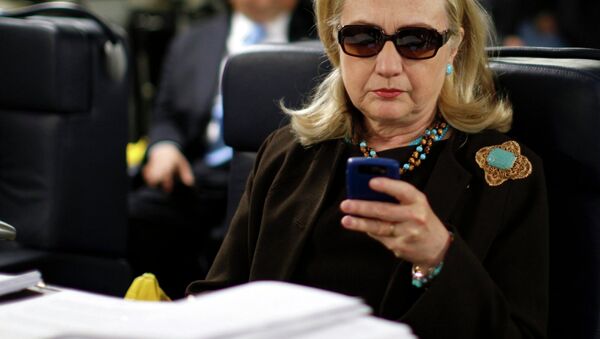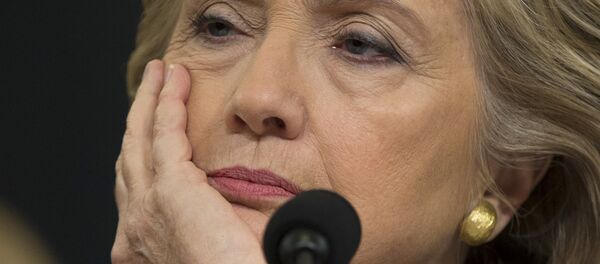According to a new FBI report, during 2011-2012, Hillary Clinton, who served as a Secretary of State at the time of events, used her cell phone to approve of drone strikes that killed as many as 1,000 civilians, including up to 200 children in Pakistan alone.
The drone strikes, conducted in Pakistan, Yemen, Somalia, Afghanistan, and other countries, were the CIA's responsibility. However, an extremely high number of civilian casualties eventually made some Pakistani officials stand up against the drone strikes, which led to the US State Department choosing intervene. In fact, the State Department criticized the CIA's timing of the attacks. No objections to the choice of targets were made.
This led to a situation where State Department officials were notified by the CIA before the time of attack, sometimes only half an hour or so. Thus, Hillary Clinton, as a head of Department of State, and her aides, effectively became the ones who authorized the attacks.
According to FBI reports, Clinton's aides forwarded some of these notifications to her personal email server, and that's how the FBI discovered the whole scheme.
The short time window, during which State Department had to react, led Clinton to use her own smartphone, because it was, obviously, faster and more convenient method of communication, but it was also far from being secure. This is remarkable given the CIA treats the drone program with the highest levels of secrecy, explicitly prohibiting any discussion of the program in public or outside secure channels of communication.
The use of a smartphone, in combination with home personal email server, is in fact mishandling of classified information — basically a crime, some argue.
The White House acknowledged in a press briefing on Thursday, the day that President Obama endorsed Clinton as a Presidential nominee, that the FBI probe into Clinton's handling of classified information is a "criminal investigation." The FBI is expected to interview Clinton this summer about the scandal, but law-enforcement officials doubt that criminal charges will be filed against her, as using less-than-secure channels of communication is a widespread practice among US agencies when it comes to time-sensitive information.
The investigation is complicated by the fact that, according to reports, the forwarded emails were "vaguely worded" and contained no references to drones, the CIA, or information about the targets. Which, in turn, makes one wonder: how could State Department authorize an attack they knew almost nothing about?




